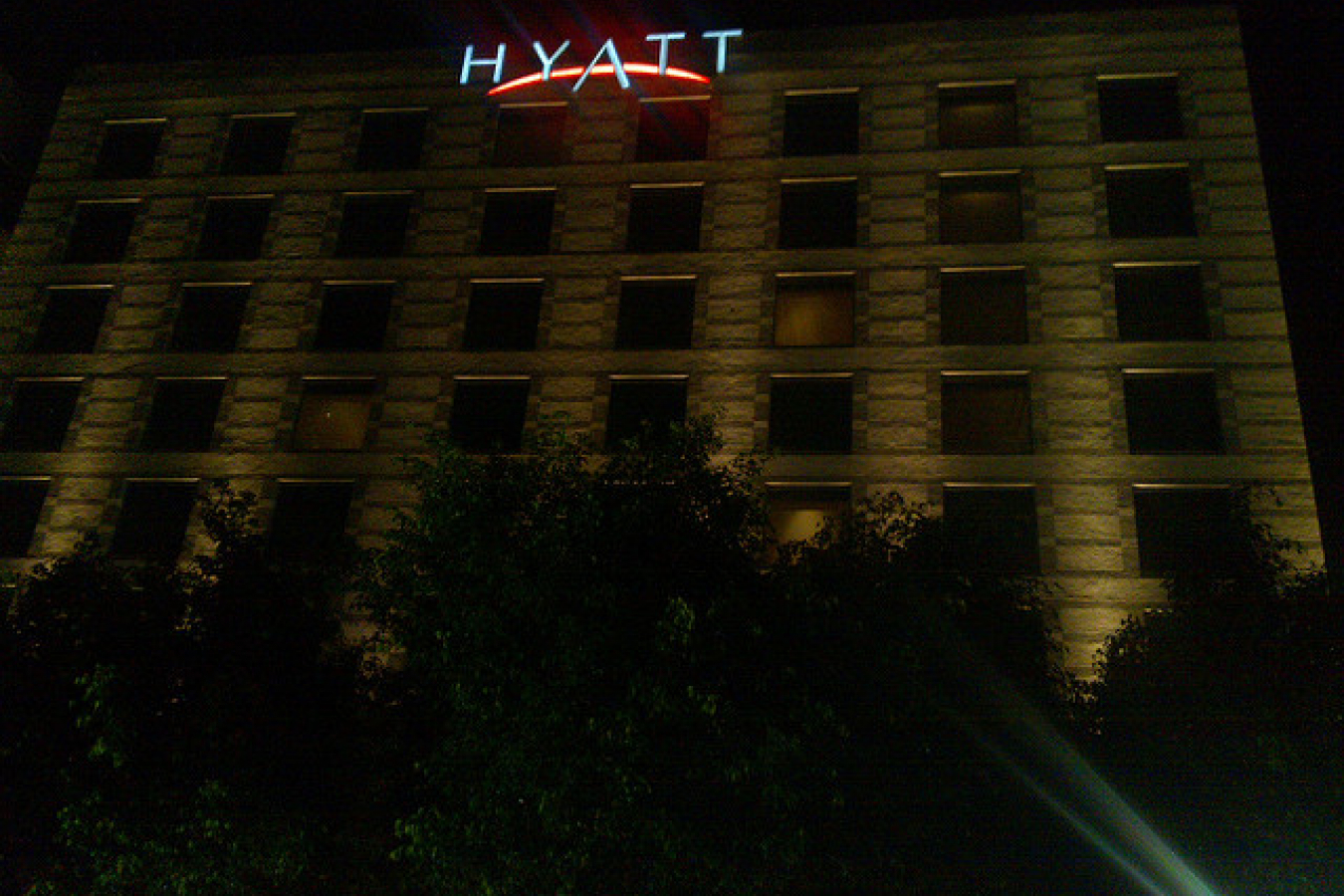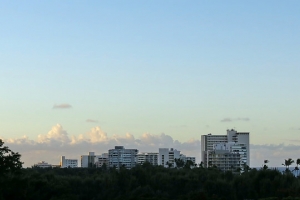Support migrant centric journalism today and donate

Indian firms are reporting that it is increasingly difficult to obtain L category US visas for their staff. Ameet Nivsarkar, a vice president at Nasscom, the Indian software industry body, has said 'visa refusals for employees have hit Indian companies very hard and pushed back project schedules. Visa rejections are also a drain on resources because money spent filing applications is not refunded.'
L-1 category visas entitle firms with offices both in the US and in other countries to transfer staff to their US office. Staff must have worked for that company for at least a year and be either a senior manager (who will apply for an L-1A visa which can be extended for up to seven years) or a skilled staff member who must have 'specialized knowledge' which the firm needs at its US operations. These skilled workers will apply for L1-B visas which can be extended to a total of five years.
Sruthi Sagar Ananthachari, director of corporate shared services India for CSC says 'The L1-B visas are typically granted to someone with specialised knowledge. Hiring someone in the US for such work requires training them. An L-1B candidate from India can hit the ground running.'
It is not clear quite why there have been more refusals in recent years. Mr Nivsarkar of Nasscom says 'the larger issue is probably slow economic recovery in the US [but] the language used in describing eligibility is very subjective and interpretation by consular officials [is also] very important.'
In July, a former employee of Infosys, the Indian software giant, Satya Dev Tripuraneni, filed a lawsuit against the company claiming to have been harassed after revealing that the company was misusing US visas. Jack Palmer, another former Infosys employee has made similar allegations. It may be that a suspicion that visa misuse is occurring is also affecting decisions by US consulate officials in India.
Another factor may be the removal of some visa processing to Chennai. In 2011, the US moved all its processing of blanket L1 visa applications to the US consulate general in Chennai. This, some insiders say, has led to a greater consistency in decision making but others fear that the Chennai office is now so busy that consulate staff are unable to devote sufficient time to each application.
There are two ways that firms can apply for L-1 category visas; either individually or via the 'blanket petition' process. Large companies that have a track record of applying for L-1 visas in the past may be able to obtain approval from US Citizenship and Immigration Service (USCIS) for L-1 Blanket petitions. Once accepted under the L-1 visa blanket petition scheme it is much easier for companies to obtain L-1 visas for their employees. There are much reduced documentation requirements in this situation. All these blanket applications are now processed in Chennai.
Mumbai immigration lawyer Poorvi Chothani told The Economic Times that 'from recent experience, it is clear that consular officers in India have very little time to review everything in the application and may not be able to read the full support letter. It is very important, thus, to highlight salient points of the application upfront.'
Another problem caused by the moving of L-1 processing to Chennai is the increased cost. Indian firms now have to fly staff to Chennai for an interview. These costs are non-recoverable, whatever the result of the application.
Many Indian firms prefer to use the H-1B visa category. However, this category is subject to an annual cap and no new applications will be accepted until 2013.
If you would like to apply for a US visa, WorkPermit.com can help. WorkPermit.com is a specialist visa consultancy with nearly twenty-five years of experience dealing with visa applications. We can help with a wide range of visa applications to your country of choice. Please feel free to contact us for further details.
L-1 category visas entitle firms with offices both in the US and in other countries to transfer staff to their US office. Staff must have worked for that company for at least a year and be either a senior manager (who will apply for an L-1A visa which can be extended for up to seven years) or a skilled staff member who must have 'specialized knowledge' which the firm needs at its US operations. These skilled workers will apply for L1-B visas which can be extended to a total of five years.
Sruthi Sagar Ananthachari, director of corporate shared services India for CSC says 'The L1-B visas are typically granted to someone with specialised knowledge. Hiring someone in the US for such work requires training them. An L-1B candidate from India can hit the ground running.'
It is not clear quite why there have been more refusals in recent years. Mr Nivsarkar of Nasscom says 'the larger issue is probably slow economic recovery in the US [but] the language used in describing eligibility is very subjective and interpretation by consular officials [is also] very important.'
In July, a former employee of Infosys, the Indian software giant, Satya Dev Tripuraneni, filed a lawsuit against the company claiming to have been harassed after revealing that the company was misusing US visas. Jack Palmer, another former Infosys employee has made similar allegations. It may be that a suspicion that visa misuse is occurring is also affecting decisions by US consulate officials in India.
Another factor may be the removal of some visa processing to Chennai. In 2011, the US moved all its processing of blanket L1 visa applications to the US consulate general in Chennai. This, some insiders say, has led to a greater consistency in decision making but others fear that the Chennai office is now so busy that consulate staff are unable to devote sufficient time to each application.
There are two ways that firms can apply for L-1 category visas; either individually or via the 'blanket petition' process. Large companies that have a track record of applying for L-1 visas in the past may be able to obtain approval from US Citizenship and Immigration Service (USCIS) for L-1 Blanket petitions. Once accepted under the L-1 visa blanket petition scheme it is much easier for companies to obtain L-1 visas for their employees. There are much reduced documentation requirements in this situation. All these blanket applications are now processed in Chennai.
Mumbai immigration lawyer Poorvi Chothani told The Economic Times that 'from recent experience, it is clear that consular officers in India have very little time to review everything in the application and may not be able to read the full support letter. It is very important, thus, to highlight salient points of the application upfront.'
Another problem caused by the moving of L-1 processing to Chennai is the increased cost. Indian firms now have to fly staff to Chennai for an interview. These costs are non-recoverable, whatever the result of the application.
Many Indian firms prefer to use the H-1B visa category. However, this category is subject to an annual cap and no new applications will be accepted until 2013.
If you would like to apply for a US visa, WorkPermit.com can help. WorkPermit.com is a specialist visa consultancy with nearly twenty-five years of experience dealing with visa applications. We can help with a wide range of visa applications to your country of choice. Please feel free to contact us for further details.





















